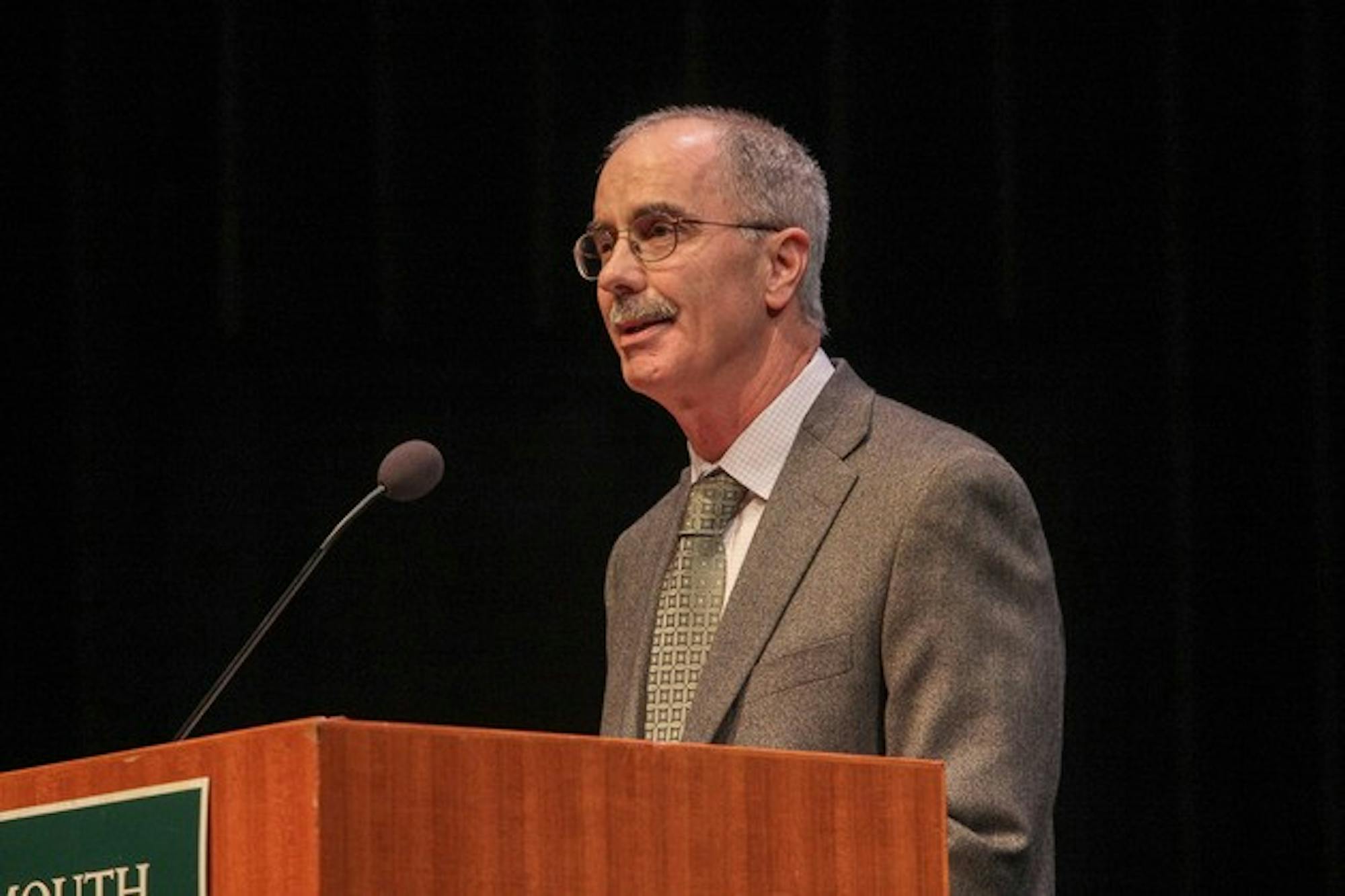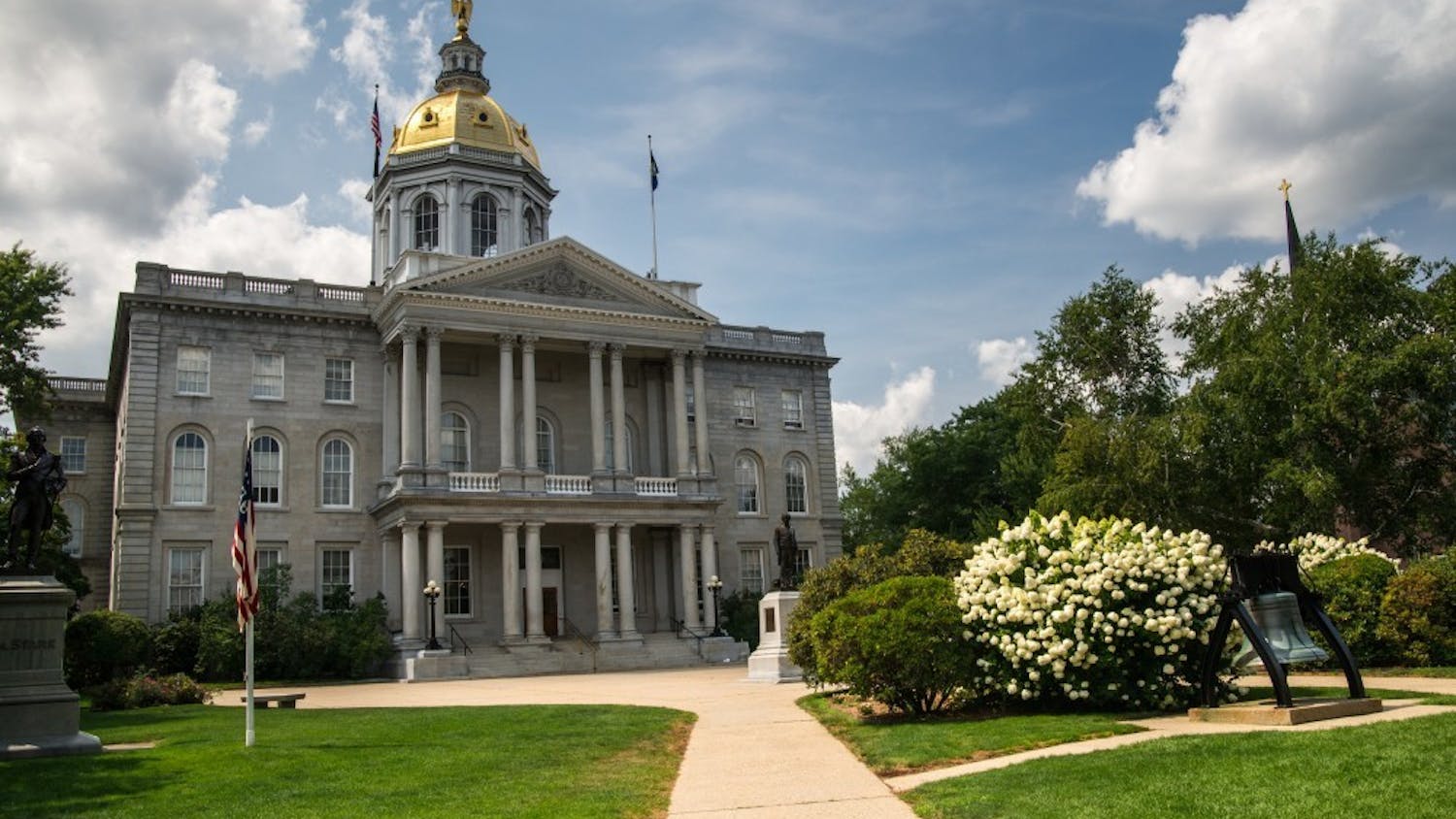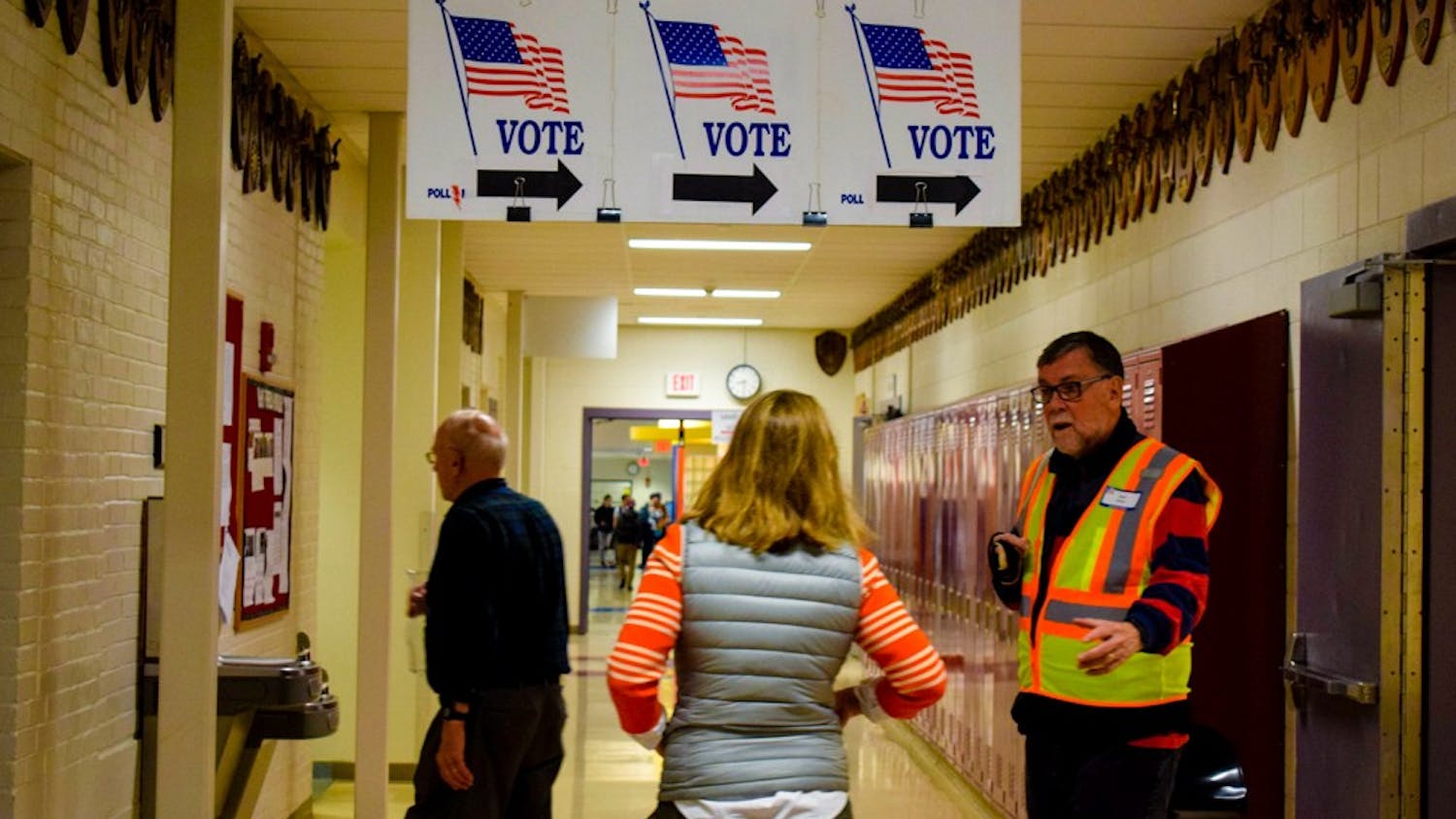College President Phil Hanlon is voicing his personal support for efforts to repeal two recently-passed state laws that sought to change voting requirements in New Hampshire.
In a July 23 letter addressed to Gov. Chris Sununu (R), Hanlon urged the New Hampshire governor to support three pending pieces of legislation — House Bills 105 and 106 and Senate Bill 67 — all of which were passed by the Democratic-controlled state legislature earlier this year. The bills would, in effect, repeal the key provisions of two laws passed in 2017 and 2018 that supporters said would protect the integrity of state elections and opponents claim were attempts to suppress the vote of New Hampshire residents, particularly college students living in the state.
“The multiple hurdles to voting imposed by recent legislation would impose unreasonable, discriminatory burdens to student voters and increase confusion and fear of penalties,” Hanlon wrote.
SB 3, which was passed in 2017, requires people who register to vote within 30 days of an election to provide documentation showing proof of domicile or fill out an affidavit. In 2018, Sununu, after initially signalling he opposed the bill, signed HB 1264, a law that created stricter residency requirements for voting in New Hampshire and that opponents argued would effectively prevent college students whose original homes are in other states from voting in the Granite State. Though HB 1264 officially took effect earlier this month, the role the laws will play in upcoming elections is uncertain as both have faced legal challenges and questions surrounding implementation.
After taking control of both houses of the state legislature following the 2018 midterm elections, Democrats soon passed HBs 105 and 106 and SB 67, attempting to repeal the laws enacted by the previously Republican-controlled legislature. It is unclear, however, whether Sununu will sign the bills and whether the bills would get enough support to override a veto.
In his letter, Hanlon described voting as an “essential pillar” of students being engaged citizens.
“As you are aware, students are organized on these issues and have spoken up loudly and clearly about their wish to exercise their right to vote,” Hanlon wrote. “Our students live here for years and are members of the community. They care deeply about state and local policies that directly affect their lives.”




